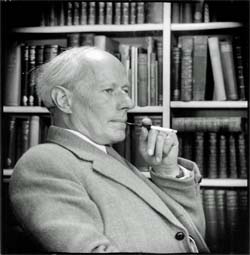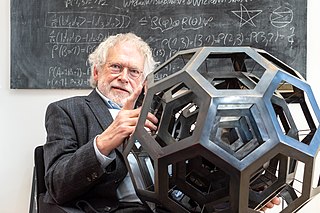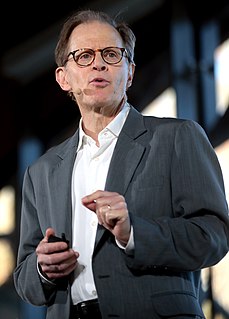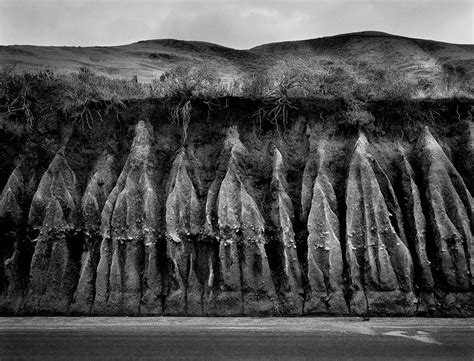A Quote by L.A. Paul
I reject what I see as flat-footed accounts of the fundamental structure of the world, where we somehow assume that, because ordinary experience involves middle-sized objects in space and time, that fundamental reality must be essentially like that.
Related Quotes
Metaphysics is the study of the most general nature and basic structure of reality, and therefore the concepts of metaphysics, concepts like time, space, identity, resemblance, substance, property, fact, event, composition, possibility, etc., are the most fundamental concepts. Thus metaphysics is the most fundamental theoretical discipline.
If you see the intersection of time and space, you experience complete freedom of being. This state of existence is completely beyond any idea of time, space, or being. In that liberated state you can see fundamental truth and the phenomenal world simultaneously. That is called Buddha's world. That is the place where all sentient beings exist, so you can stand up there and see all beings, myriad beings. Then you know very clearly, through your own emotional and intellectual understanding, how all beings exist.
We must be listened to: above and beyond our personal experience, we have collectively witnessed a fundamental unexpected event, fundamental precisely because unexpected, not foreseen by anyone. It happened, therefore it can happen again: this is the core of what we have to say. It can happen, and it can happen everywhere.
In ordinary life, we are not aware of the unity of all things, but divide the world into separate objects and events. This division is useful and necessary to cope with our everyday environment, but it is not a fundamental feature of reality. It is an abstraction devised by our discriminating and categorising intellect. To believe that our abstract concepts of separate 'things' and 'events' are realities of nature is an illusion.
There is a reward structure in science that is very interesting: Our highest honors go to those who disprove the findings of the most revered among us. So Einstein is revered not just because he made so many fundamental contributions to science, but because he found an imperfection in the fundamental contribution of Isaac Newton.
It was one time when people thought the value of the fine structure constant was important. Now of course it's still important, of course, as a practical matter,but we now know that the value it has is a function, that in any fundamental theory you derive the fine structure constant as a function of all sorts of mass ratios and so on and it's not really that fundamental.
There is nothing mysterious about space-time. Every speck of matter, every idea, is a space-time event. We cannot experience anything or conceive of anything that exists outside of space-time. Just as experience precedes all awareness and creative expression, the visual language of our photographs should ever more strongly express the fourth dimensional structure of the real world.
I argue, based on metaphysical and physical considerations, that we should think of the fundamental parts of the world as a mix of intrinsic natures, rather like a paint-pot filled with a rainbow of colors, loosely mixed to give a richly varied, spatiotemporally inseparable, spread of qualities, and that this mixture is what gives rise to ordinary reality.
Underneath our ordinary lives, underneath all the talking we do, all the moving we do, all the thoughts in our minds, there's a fundamental groundlessness. It's there bubbling along all the time. We experience it as restlessness and edginess. We experience it as fear. It motivates passion, aggression, ignorance, jealousy, and pride, but we never get down to the essence of it.






























